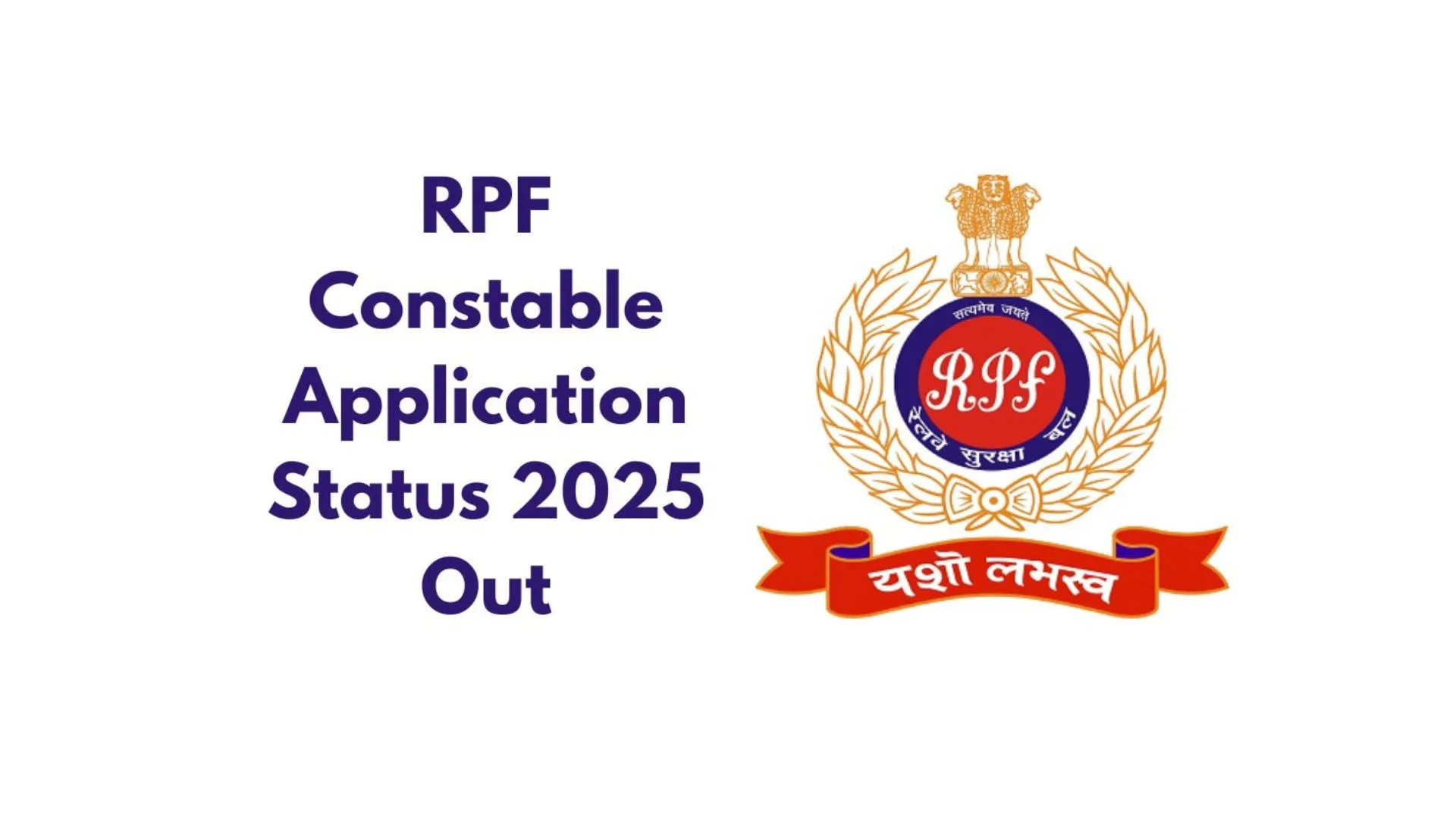Emotional intelligence (EI) has become a vital component in education, shaping how students and educators interact and thrive in school environments. Defined as the ability to recognize, understand, manage, and utilize emotions effectively, EI contributes to students’ academic performance, social interactions, and mental health. In an age where cognitive skills alone are not enough for future success, schools are increasingly recognizing the importance of integrating emotional intelligence into their curricula.
Why Emotional Intelligence Matters in Education
Academic success traditionally focuses on knowledge retention, reasoning, and analytical skills. However, research suggests that emotional intelligence plays an equally crucial role in shaping a student’s overall performance. Students with strong emotional intelligence skills can manage stress, navigate social complexities, and make responsible decisions. This improves their focus, resilience, and motivation—factors that directly contribute to better academic outcomes.
Furthermore, emotional intelligence helps foster a positive school environment. When students are equipped with EI skills, they are more likely to empathize with peers, resolve conflicts effectively, and collaborate harmoniously. This leads to a more inclusive and supportive school community, reducing incidents of bullying and behavioral issues. In turn, a safe, emotionally aware environment promotes greater engagement and enthusiasm for learning.
Key Components of Emotional Intelligence in Schools
The core components of emotional intelligence—self-awareness, self-regulation, empathy, motivation, and social skills—can be cultivated through targeted activities in the classroom. For example, regular mindfulness practices can enhance students’ self-awareness by helping them recognize their emotions. Similarly, social-emotional learning (SEL) programs can foster empathy and improve students’ ability to understand others’ perspectives, strengthening peer relationships and reducing conflicts.
In addition to structured programs, teachers play a critical role in modeling emotionally intelligent behaviors. By demonstrating patience, empathy, and conflict-resolution skills, educators create a powerful example for students to emulate. Teachers who practice EI also tend to handle classroom challenges more effectively, creating a stable learning environment that nurtures students’ emotional and academic growth.
The Benefits of Teaching Emotional Intelligence
Integrating emotional intelligence in schools benefits both students and educators. Students gain essential life skills that contribute to their success beyond the classroom. For example, emotionally intelligent students are often more adept at handling workplace stress, collaborating in diverse teams, and communicating effectively—skills that employers highly value in today’s job market.
For educators, teaching EI can lead to greater job satisfaction and lower burnout rates. Schools that prioritize emotional intelligence often report fewer disciplinary issues, leading to a more peaceful and productive educational setting.
Implementing Emotional Intelligence Programs
Many schools are beginning to incorporate SEL programs as part of their curriculum. Programs such as “Second Step” or “RULER” provide structured approaches to teaching EI, offering lessons and exercises that develop emotional awareness and management. Schools can also encourage family involvement in SEL to reinforce these skills at home, ensuring a consistent approach to emotional development.
Emotional intelligence is a fundamental skill that empowers students for academic and life success. By cultivating EI in schools, educators equip students with the tools to understand themselves, build positive relationships, and thrive in all areas of life. Integrating emotional intelligence into education is no longer an option but a necessity, as it promotes a balanced, holistic approach to learning and prepares students for a future where empathy, resilience, and self-awareness are as important as academic knowledge.
By embracing emotional intelligence, schools can create a more compassionate, productive environment that nurtures the full potential of every student.























